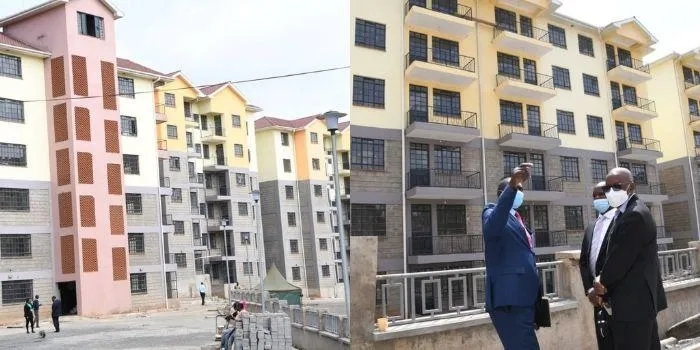In 2023, Kenyans who want to buy a home should be prepared to pay extra due to financial changes in the construction sector.
According to a research by the Architects Association of Kenya (AAK), the ongoing conflict between Russia and Ukraine and rising fuel prices may cause housing prices to increase.
Architects explained in their 2022 State of the Built Environment Report how the conflict had impacted the supply of important building materials like steel.
Due to the difficulty, numerous industries in the two nations shut down or curtailed their output, which constrained the supply of building materials on the market.
Yet, shipping firms also restricted their exporting activity within the two nations.
Prices increased as a result of the materials’ constrained supply and increasing demand in the building sector. AAK observed that it was still unclear when the war would come to a conclusion.
In January 2023, the price of steel climbed by 29.5%, according to the New York Stock Exchange. According to the report, the cost of building ranges from Ksh34,650 to Ksh77,000 per square meter.
Steel, paint, aluminum, cement, and PVC are all necessary building materials, but prices and availability are still unpredictable in Kenya. As of June 2021, a 50 kg cement bag cost on average Ksh550, down from Ksh650 in June 2022.
Locally, the price of a kilo of steel increased to Ksh180 in 2022. The majority of the increase in steel prices in Kenya and around the world may be attributed to the Russia-Ukraine conflict, according to the analysis.
Paint was another essential building item whose costs had increased. This was brought on by the 10% excise duty on imported resin and the 16% Value Added Tax (VAT) on manufacturing inputs derived from petroleum.
Accordingly, architects predicted delays in the completion of housing projects as a result of changes in material prices in light of the pricing fluctuations.
Construction projects are predicted to continue to experience rising production costs, delays, and labor shortages.
The statement, in part, stated that “this is substantially impairing parties’ legal obligations under construction contracts and fundamentally altering the financial terms of prior arrangements.”




